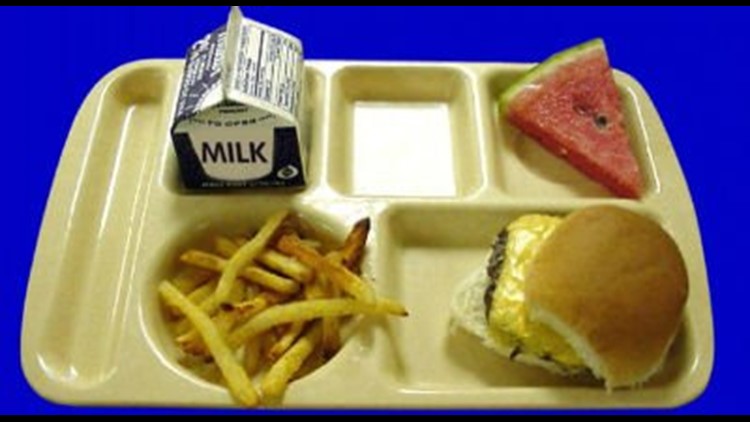(CNN) — While some New Yorkers are fighting for their right to drink sugary beverages, unionized cafeteria workers in a small Western Pennsylvania school district have fought for – and won – their right to eat expired foods.
On Monday, Sharon, Pennsylvania newspaper The Herald reported that members of the American Federation of State, County and Municipal Employees filed a grievance against the Sharpsville Area School District over a disagreement as to what cafeteria workers were allowed to eat.
Neither ASCME nor the school district returned CNN’s calls for comment, but according to The Herald, the grievance accused the school district of inappropriately changing their policy on charging workers for food or drinks that according to safe food regulations were no longer permitted to be sold to students. The paper reported these provisions could be foods that had cooled and been reheated, or even food or drinks past their expiration date. The grievance claimed cafeteria workers should be allowed to eat and drink those expired foods free of charge.
The settlement reached by ASCME and the school district was approved by a unanimous vote of the school board last month. It permits the cafeteria workers to eat the post-prime portions at their own risk, as long as they do not sell or share the items with anyone else and pay for any other items they choose to eat or drink.
While labor unions help hungry employees, the United States Department of Agriculture sees to it hungry students are fed.
In fiscal year 2010, more than 31.7 million children each day got their lunch through the National School Lunch Program. Since the modern program began, more than 219 billion lunches have been served according to the USDA which oversees the program.
In January, the USDA issued new standards requiring school cafeterias to offer fruits and vegetables to students every day, and reduce sodium, saturated fat and trans fat content. Schools must also offer more whole grains as well as fat-free or low-fat milk varieties.
According to the USDA, these standards go into effect July 1 and will be phased in over a three-year period.



